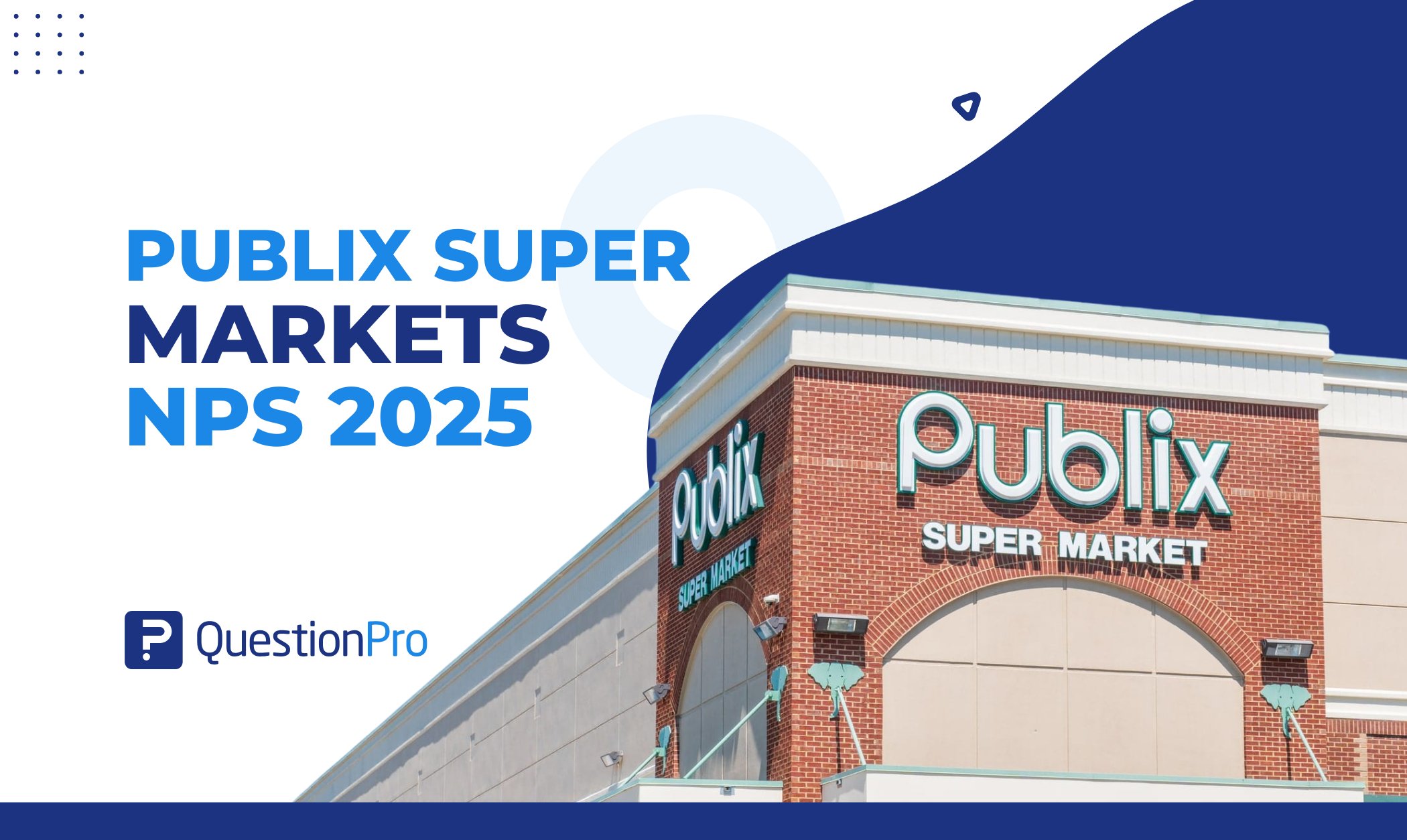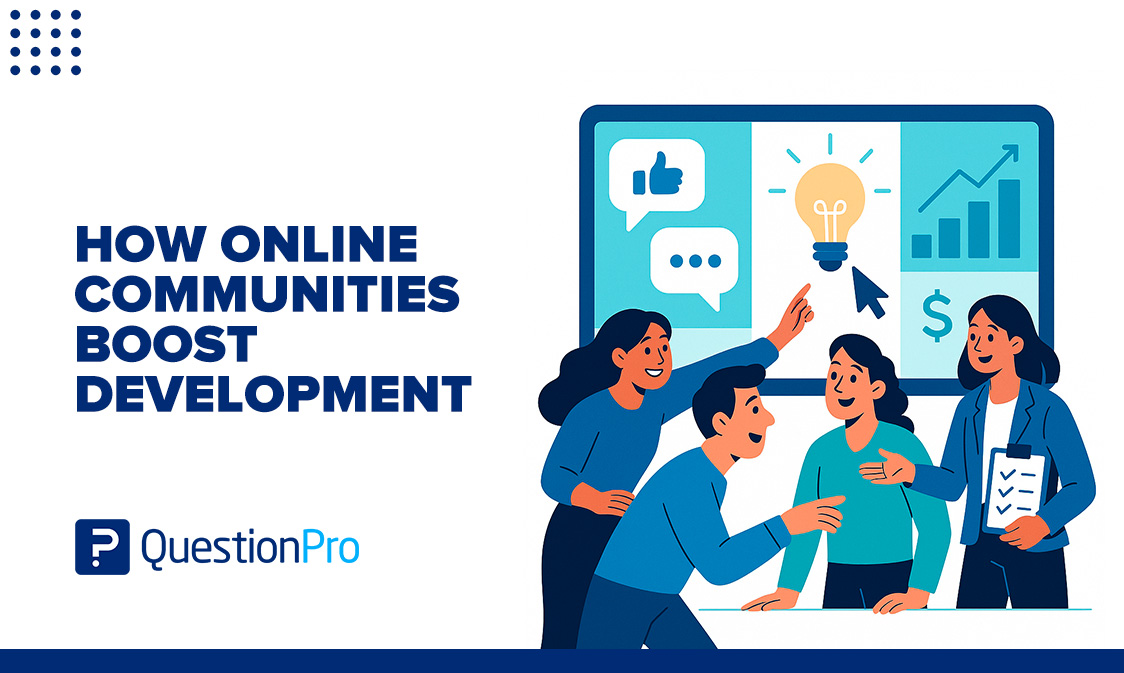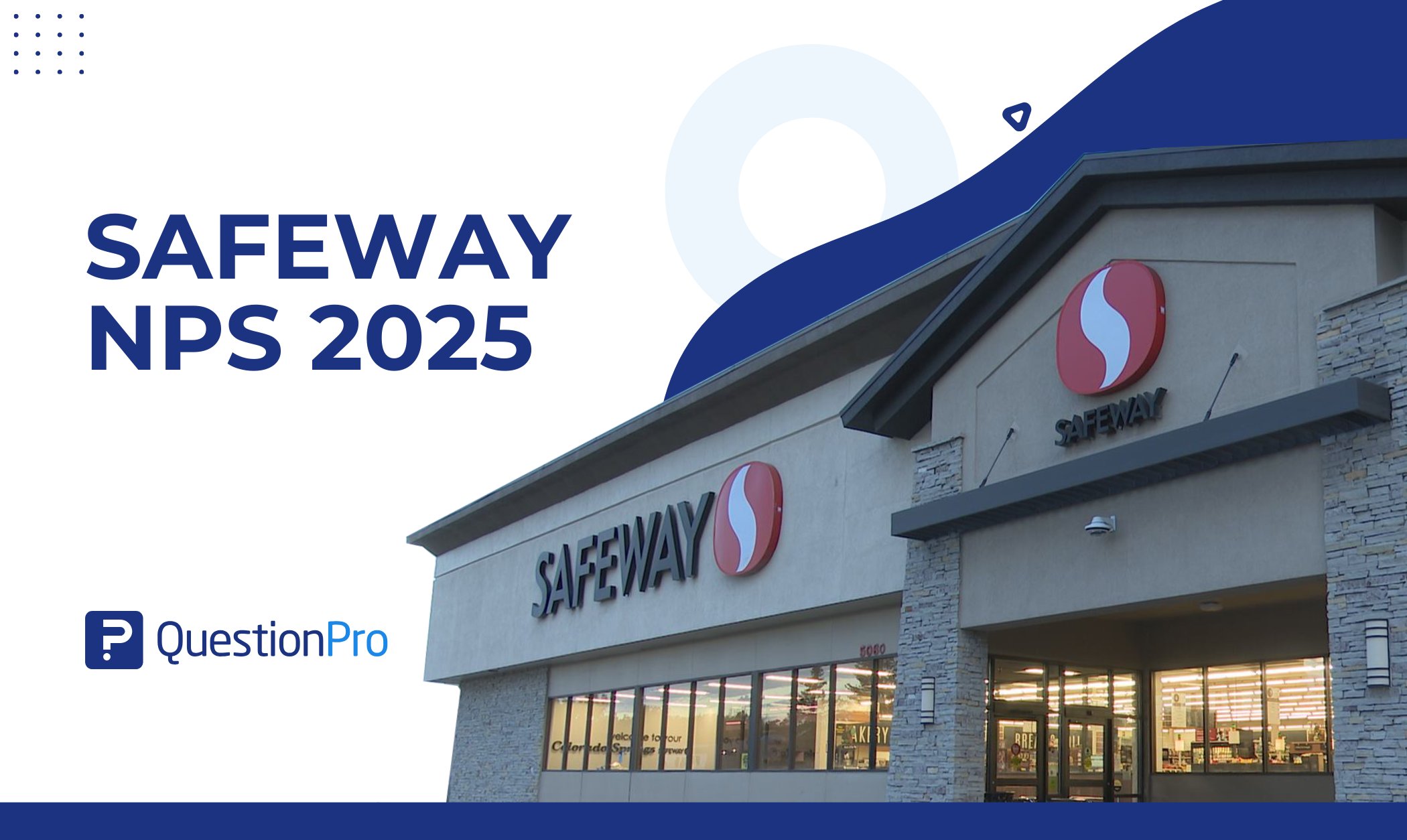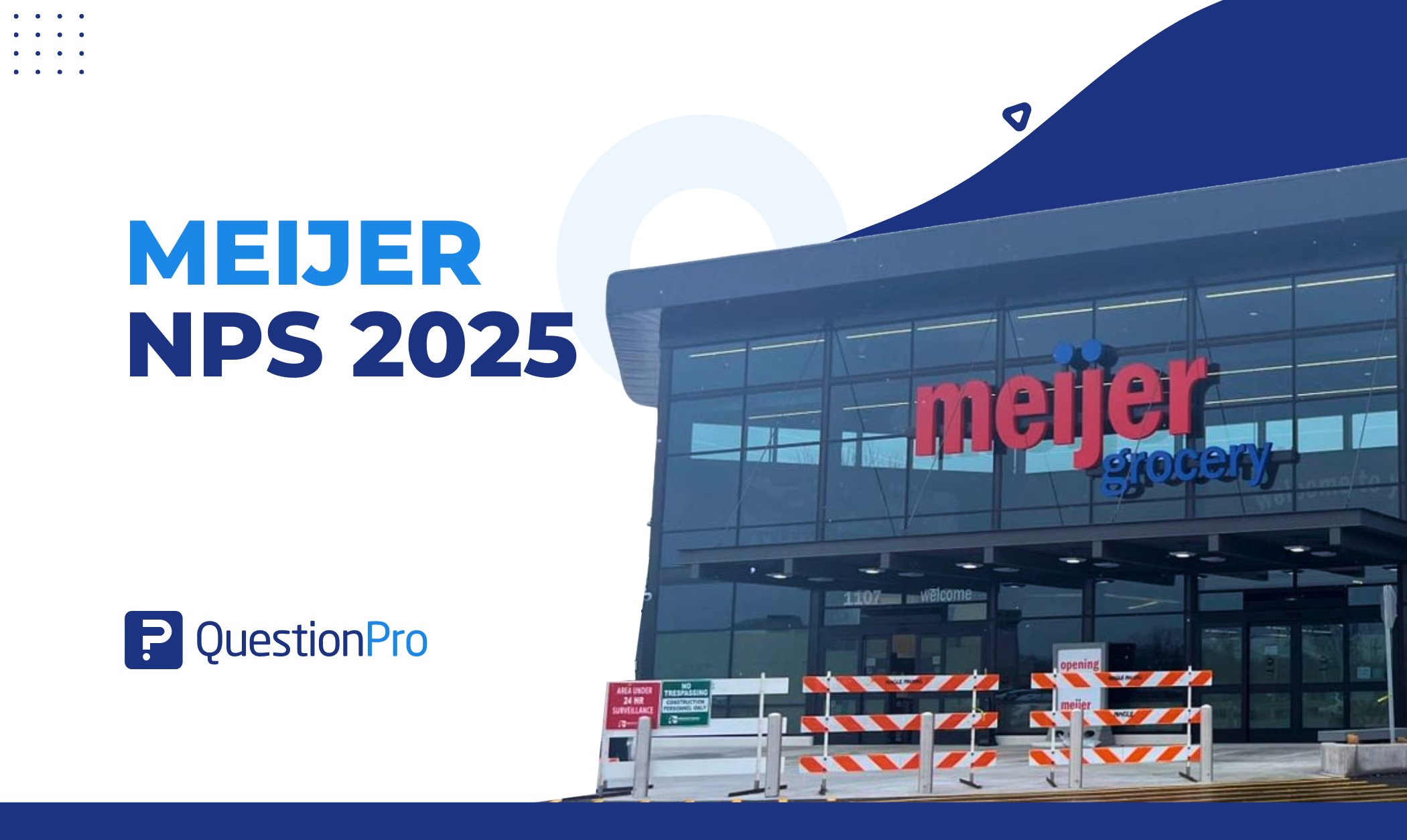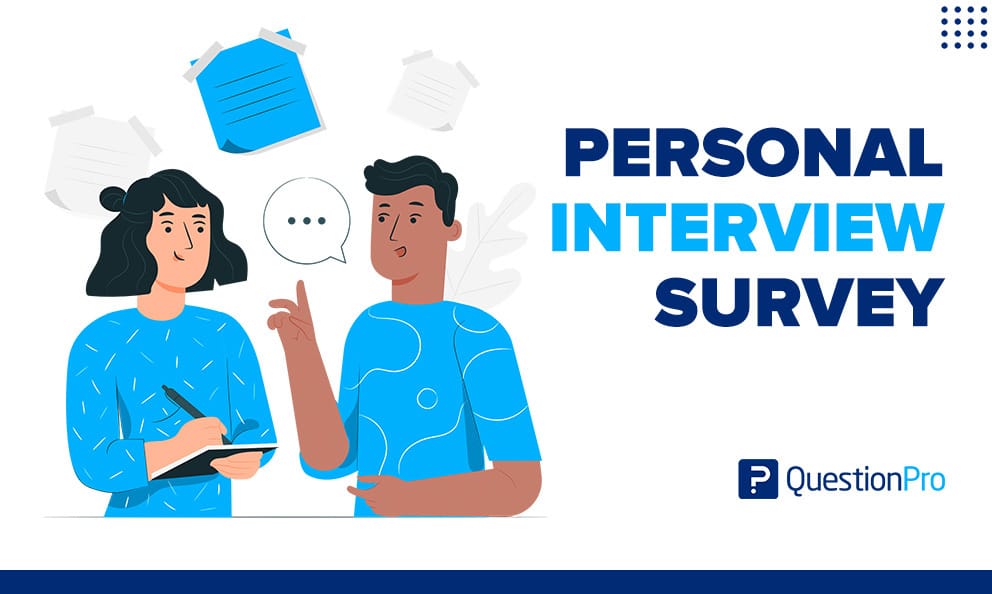
Personal Interview Surveys are commonly used in the hiring process by organizations to understand and analyze the candidates. Indeed, it’s a challenge to set up a time and gather the required information with all potential candidates. Organizations take several months to hire the right candidate for the positions.
Lack of time and coordination with prospective candidates for the vacant role is one of the major recruitment challenges in the Industry. Each vacant position is costing the organization and delaying its functions.
LEARN ABOUT: Candidate Experience Survey
What are Personal Interview surveys?
Personal interview surveys are a study used when a particular target group is involved. The reason to conduct a personal interview survey would be to understand the people’s responses and gather more information on the same.
Personal interview surveys are used to test the interviewee’s responses and simultaneously to notice the behavior of the respondents. This can either be independent or collectively as a group.
Measuring Personality, Cognitive Ability, and Motivation – are critical areas for employers to identify if you are a right fit for the role and the organization.
LEARN MORE ABOUT: Personality Survey
Types of Personal Interview Surveys
- One-on-one – We believe this is the best type of interview in terms of the quality of responses. It allows you, as an interviewer, to assure genuine respondents and validate the answers using personal instinct over body language.
- Written Interviews – An interview type that involves physical paper and pen to answer the questions. The best part of this survey is that you can validate the open-ended questions with the help of handwriting experts and get behavioral insights from the respondent. However, this could be a controversial way of going about the data and an added cost, but if you have the budget with an open mind, why not go for it.
The need for Personal Interviews
Personal Interview surveys are widely conducted to gain insights into a person or a larger group of people concerning a certain topic, product, or service from one perspective. Still, on the other hand, it also helps with understanding the personal behavior, ideologies, and thinking of individuals.
It widely depends on the methodology and problem statement for which the personal interview is being conducted.
- Product or a Service – This type of personal interview will majorly focus on the demographic profile of the respondents to understand the market and decision-making process
- Recruitment – The best example of a personal interview question is to recruit a person for a position by asking questions focused on understanding an individual’s suitability.
Personal Interviews Tools
Here are a few ways in which survey tools can be used for screening the candidate
- The Personality Test helps us measure the characteristics exhibited by candidates across various situations. It’s one of the common interview processes used by organizations to determine the personality type of a candidate before hiring. Such surveys also reveal if the candidate can be a right fit for the company culture.
- The motivation Test determines how candidates respond to different circumstances, which results in varied motivation to accomplish any given job. Questions will be about various factors that might result in an increase or decrease in an employee’s motivation during the course of work.
- The cognitive Ability Test determines if the candidate is the right fit for the job. Measuring the ability of the candidate to understand, adapt and handle situations. It’s one of the best processes used in the Industry to screen candidates.
- Coding Tests involve providing candidates with multiple coding challenges which measure their problem-solving skills as a programmer. Such tests enable recruiters to measure the candidate’s competencies in problem-solving and understanding the problem.
- Role-based Tests involve questions that enable reviewers to evaluate the candidate based on a given role. Candidates might be good at doing certain work but may not be good at managing a team.
- Remote Work Assessment is an assessment technique organizations use to filter candidates who will be the right fit for remote work environments. Based on the survey, candidates can be determined whether they can work remotely with accountability and effectiveness in communication.
Advantages of Personal Interview Surveys
Using Surveys as a tool will enable organizations to speed up the hiring process, reduce costs and reach more potential candidates in a shorter time frame. Within a short span, an ‘N’ number of candidates can be reached and interviewed, which might take months and years to complete if done without surveys.
-
Higher rate of responses
One of the reasons we get a higher response rate using this method would be the face-to-face or telephonic nature of the Personal interview survey.
People who are reluctant to invest their time and energy in a mail/online questionnaire would rather prefer a face-to-face or a telephonic mode for these types of interviews. -
Behavior observation
The interviewer is present either face to face or on a call to observe the behavior/attitude of the respondent to validate the legitimacy of the responses given.
The interviewer can also be spontaneous with the questions, i.e., asking questions based on the answer given by the respondent previously to check how the respondent answers. -
Probing answers
Any questions that require more probing or explanation can be done on the spot as the interviewer would be comfortable explaining something that is long verbally rather than typing/writing it out.
-
Comfortable environment
The interviewer can normalize the meeting by creating a safe space and privacy for the respondent so that they are comfortable enough to respond to the questions asked without feeling anxious or scared.
-
Completion
The Interviewer can make sure that all the questions asked are answered accordingly, unlike an online/paper survey where the respondent can skip questions, leading to discrepancies in the collected data.
Disadvantages of Personal Interview Surveys
-
Anonymity
With an online/paper survey, the respondent has an option to stay anonymous so that they can express themselves without having to worry about what the interviewer might think.
With personal interview surveys, the interviewer knows the details of the respondent almost all the time. This can be their name, address, educational/professional background, and sometimes even the details of the family.
-
First meet bias
Even though the interviewer might be asked to stay unbiased during this process, the initial bias might influence the interviewer. Things like sex, appearance, clothing, race, etc., might influence and change the bias of the interviewer.
-
Duration
Unlike online surveys that might be time-bound, personal interview surveys might take longer or shorter than expected, depending on the flow of the interview. If there are more probing questions by the interviewer and if the responses are longer and need more explanation, the duration of the interview can go longer than the given time. This might also end up extending the interviews that might be conducted later on.
Questions to Ask in Personal Interview Surveys
A personal survey interview is one of the most efficient and cost-effective methods to survey and screen candidates. HR Teams can now save time and obtain honest responses from candidates and filter them in a short span with a complete view of each candidate over multiple personal interviews which last for weeks.
Here are a few questions to ask in the Personal Interview Surveys.
- What’s your highest educational qualification
- What was your previous role?
- Why did you leave your previous organization?
- Why should we hire you?
- What is your biggest strength?
- What are your weaknesses?
- Why should we hire you?
- What makes you a good candidate for this position?
- What did you learn from your previous job?
- Why do you want to work for our organization?
- Why made you leave your previous job?
- What experience makes you qualify for this position?
- What are your expectations from this job?
- How do you handle pressure at work?
- Where do you see yourself in 10 years?
Are you interested in conducting one such survey for your organization? Reach us for a demo and additional information.
Hiring teams are now using modern survey tools to speed up the recruitment process. Organizations can now save time and improve the recruitment process using survey tools. Organizations run Pre-employment assessments through survey tools to identify the right candidate for the given position.
LEARN ABOUT: Behavioral Competency
QuestionPro is the leading survey software according to G2. Create surveys in a breeze and explore our features for free. Get started with designing your perfect survey today. Add multiple question types, logic, and personalized branding. The limits are only that of your own creativity. Did we mention it was easy? Explore how we make it possible.
Authors: Aditya Gopalkrishnan & Aditya Rikame / Anish & Prasanth




